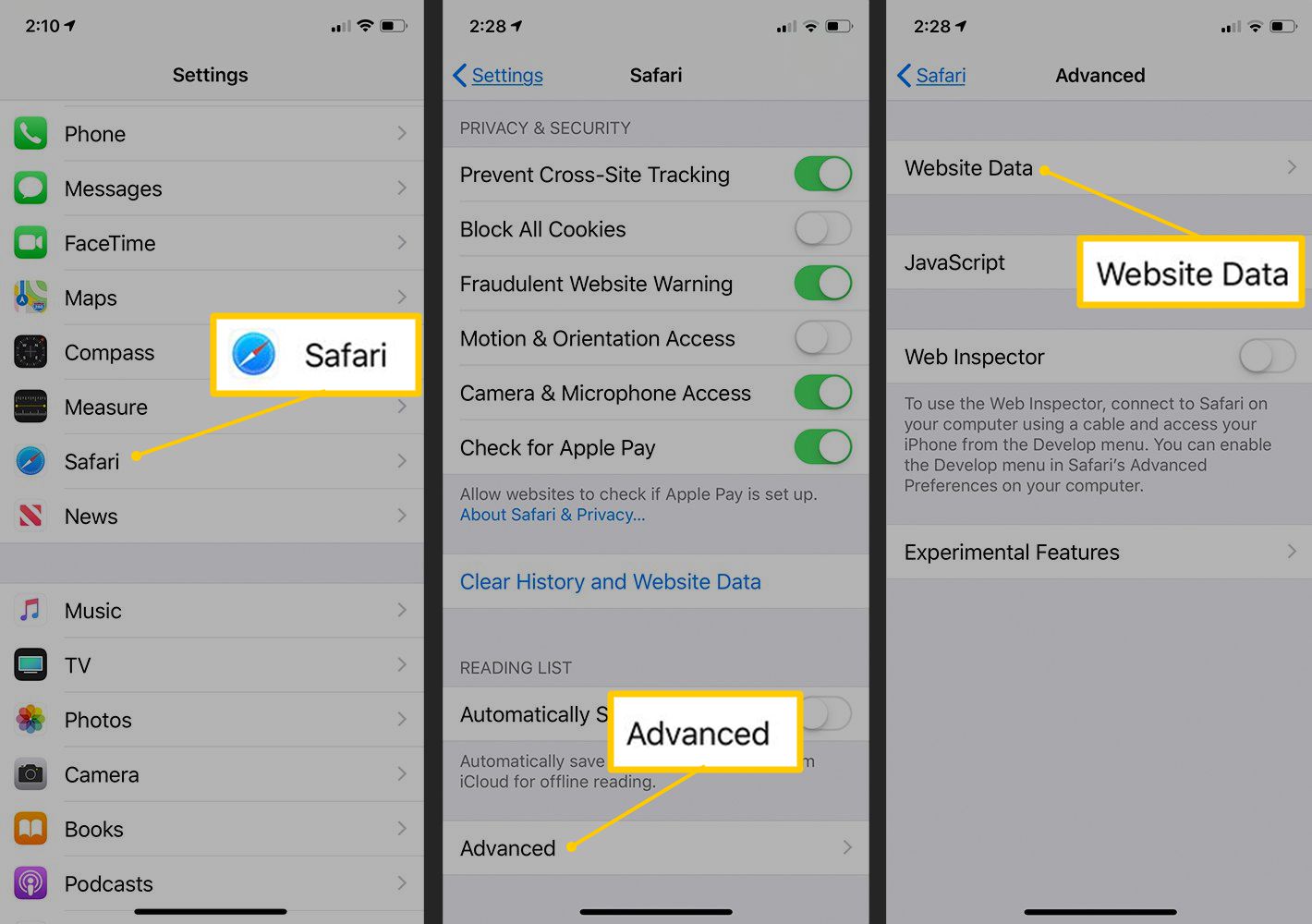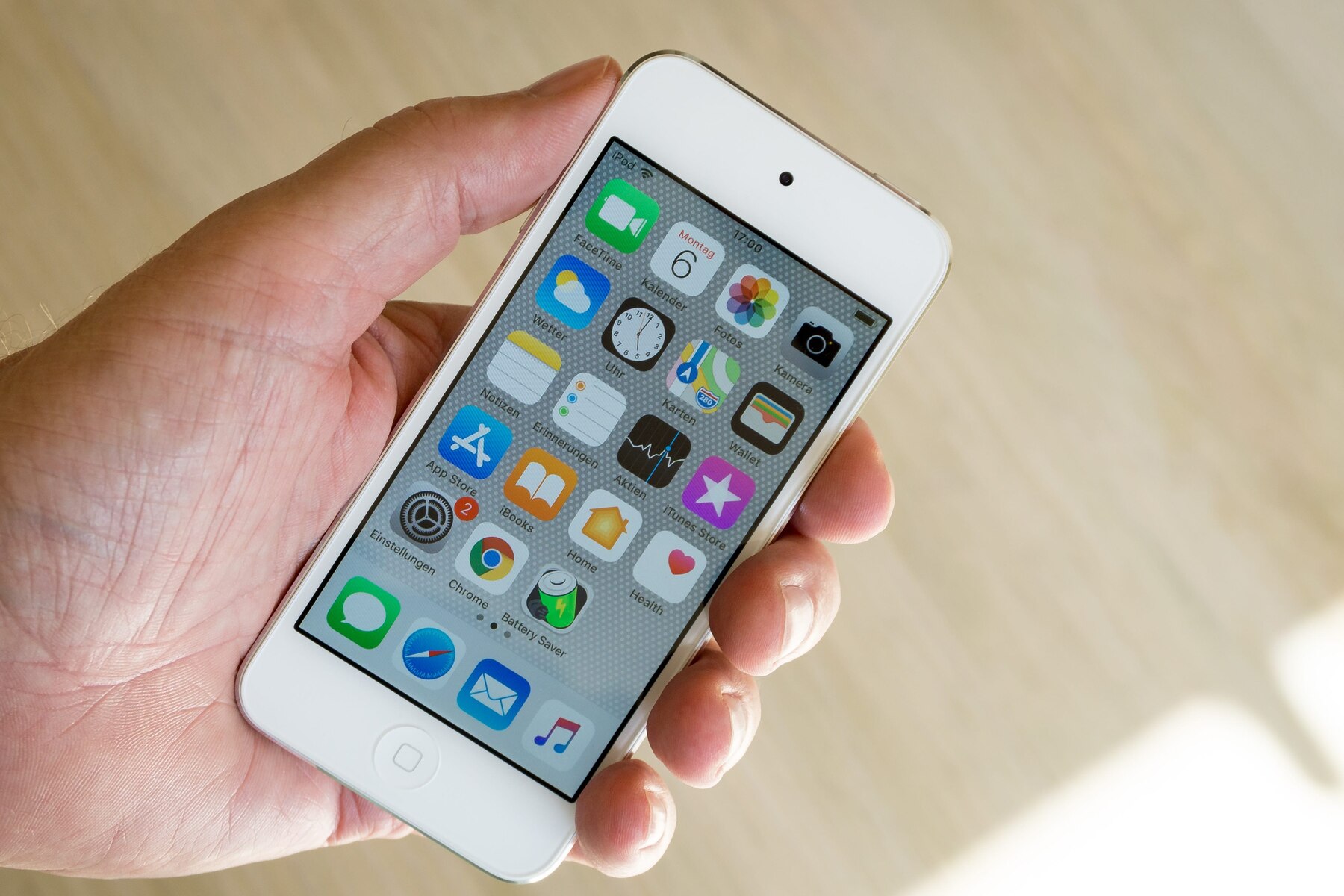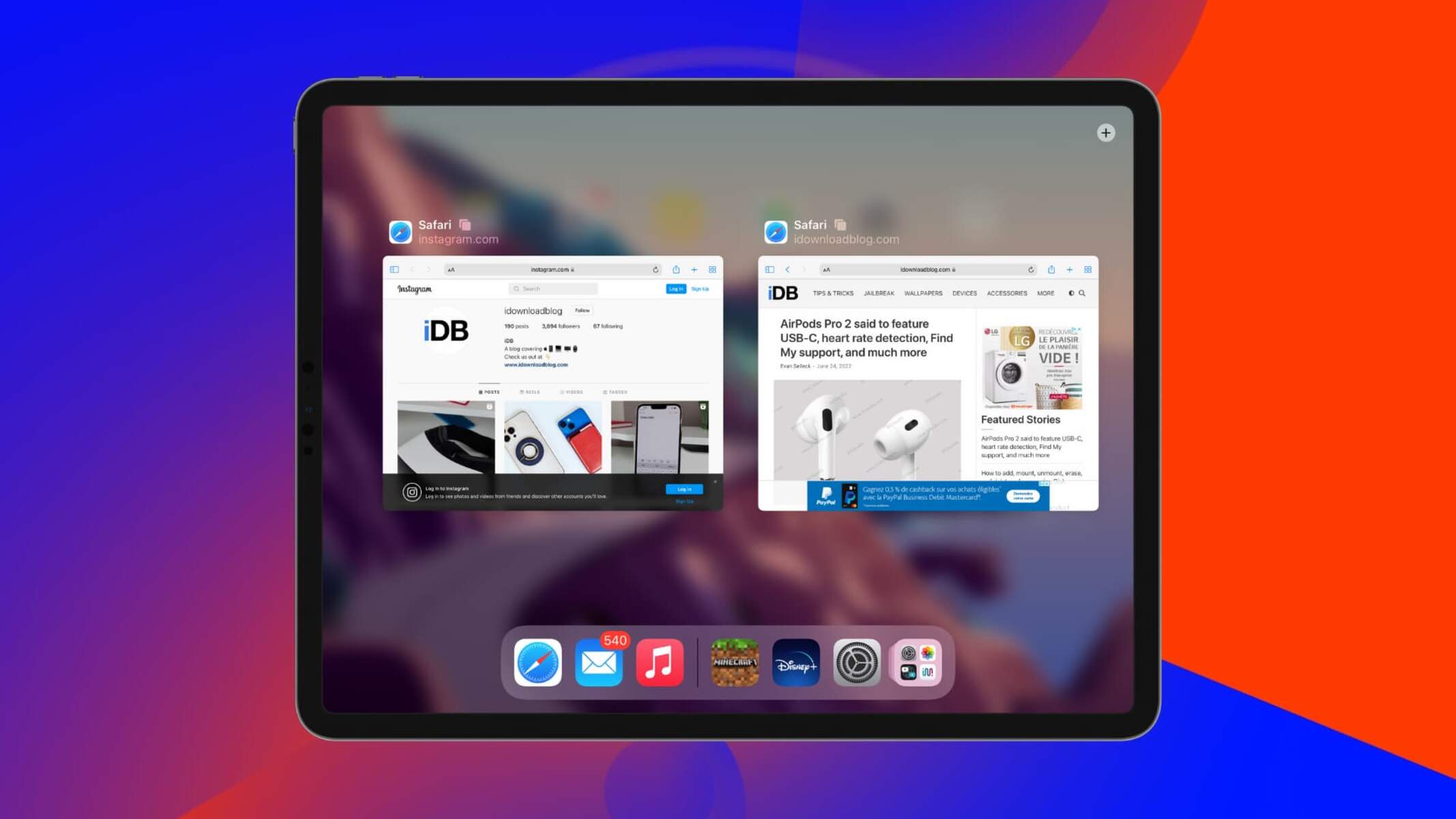Introduction
Safari, the default web browser for Apple devices, is renowned for its sleek interface and seamless user experience. However, users may encounter instances where the browser inaccurately determines their location. This can be frustrating, especially when relying on location-based services such as maps, weather updates, or local search results. Understanding the reasons behind this discrepancy and learning how to rectify it can significantly enhance the browsing experience.
When Safari fails to pinpoint your location correctly, it can lead to a myriad of inconveniences. Imagine trying to find the nearest coffee shop or navigating through an unfamiliar city, only to be misled by inaccurate location data. Such scenarios can not only be exasperating but also hinder the efficiency and reliability of location-based features within the browser.
In this article, we will delve into the potential causes of incorrect location detection on Safari and provide practical solutions to address this issue. By gaining insights into the underlying factors and implementing the recommended fixes, users can ensure that Safari accurately reflects their current location, thereby optimizing their browsing experience. Let's explore the possible reasons for wrong location detection on Safari and discover effective strategies to enhance location accuracy.
Possible Reasons for Wrong Location on Safari
-
Location Services Disabled: Safari relies on location services to determine the user's geographical position. If location services are disabled on the device or within the browser settings, Safari may struggle to accurately identify the user's location. This can occur if the user has intentionally disabled location services to conserve battery or protect privacy.
-
Weak GPS Signal: In areas with poor GPS signal reception, such as indoors or urban canyons with tall buildings, Safari may struggle to obtain precise location data. This can lead to inaccuracies in location detection, resulting in the browser displaying an incorrect location.
-
Outdated Browser or Operating System: An outdated version of Safari or the device's operating system can impact the accuracy of location services. Newer versions of Safari and operating systems often include improvements to location detection algorithms and enhanced compatibility with location-based services, which can mitigate inaccuracies.
-
Interference from VPN or Proxy Servers: When using a virtual private network (VPN) or proxy server, the IP address and network routing can appear to originate from a different location. This can confuse Safari's location detection, causing it to display the wrong location based on the server's geographical location rather than the user's actual position.
-
Browser Cache and Cookies: Accumulated cache and cookies within the browser can sometimes lead to incorrect location detection. Outdated or corrupted location data stored in the browser's cache may interfere with the accurate determination of the user's current location.
-
Inaccurate Wi-Fi Positioning: Safari utilizes Wi-Fi positioning to supplement GPS data for location detection. However, if the Wi-Fi network information is outdated or inaccurate, it can result in Safari displaying the wrong location. This is particularly common in areas where Wi-Fi network data is not regularly updated.
-
Location Spoofing: In some cases, users may intentionally spoof their location for privacy or security reasons. This can be achieved through various methods, including browser extensions or settings that manipulate the location data provided to websites. If location spoofing is enabled, Safari will display the spoofed location instead of the actual one.
Understanding these potential reasons for incorrect location detection on Safari is crucial in troubleshooting and resolving location accuracy issues. By identifying the specific factors contributing to the inaccuracies, users can take targeted steps to rectify the problem and ensure that Safari reflects their true geographical position.
How to Fix Location Accuracy on Safari
Ensuring accurate location detection on Safari is essential for leveraging location-based services and optimizing the browsing experience. By addressing the potential causes of incorrect location detection, users can implement effective strategies to enhance location accuracy within the Safari browser.
Enable Location Services
- Enable Location Services: Navigate to the device's settings and ensure that location services are enabled for Safari. By granting Safari access to the device's location, users can enhance the accuracy of location-based features within the browser.
Check GPS Signal Strength
- Check GPS Signal Strength: When using Safari in areas with poor GPS signal reception, consider moving to an open outdoor space to allow the device to obtain a stronger GPS signal. This can significantly improve the accuracy of location detection within the browser.
Update Safari and Operating System
- Update Safari and Operating System: Regularly updating Safari and the device's operating system is crucial for optimizing location detection algorithms and ensuring compatibility with the latest location-based services. By installing updates, users can mitigate inaccuracies caused by outdated software.
Disable VPN or Proxy Servers
- Disable VPN or Proxy Servers: If Safari's location accuracy is affected by VPN or proxy server interference, consider temporarily disabling these services to allow the browser to accurately determine the user's actual location.
Clear Browser Cache and Cookies
- Clear Browser Cache and Cookies: Removing accumulated cache and cookies within Safari can eliminate outdated or corrupted location data, potentially resolving inaccuracies in location detection. Clearing the browser's cache and cookies can be done through the browser settings.
Verify Wi-Fi Positioning
- Verify Wi-Fi Positioning: In cases where Wi-Fi positioning contributes to location detection, ensuring that the Wi-Fi network information is up to date can improve location accuracy. Users can verify the accuracy of Wi-Fi network data and update it if necessary.
Disable Location Spoofing
- Disable Location Spoofing: If location spoofing is unintentionally enabled or causing inaccuracies in Safari's location detection, users should disable any browser extensions or settings that manipulate location data. This ensures that Safari reflects the actual location without interference.
By implementing these strategies, users can effectively address location accuracy issues on Safari, enabling the browser to consistently provide precise location data. Understanding the importance of accurate location detection and taking proactive steps to optimize location accuracy can significantly enhance the overall browsing experience within Safari.
Conclusion
In conclusion, ensuring accurate location detection on Safari is pivotal for maximizing the utility of location-based services and optimizing the browsing experience. By exploring the potential reasons for incorrect location detection and implementing practical solutions, users can effectively enhance location accuracy within the Safari browser.
Addressing the issue of wrong location detection on Safari involves a multifaceted approach, encompassing settings, signal reception, software updates, and network configurations. Enabling location services for Safari and verifying GPS signal strength are fundamental steps in improving location accuracy, especially in areas with challenging signal conditions. Additionally, staying updated with the latest versions of Safari and the device's operating system is essential for leveraging advancements in location detection algorithms and compatibility with location-based services.
The impact of VPN or proxy server interference on Safari's location accuracy underscores the importance of temporarily disabling such services to allow the browser to accurately determine the user's actual location. Clearing browser cache and cookies, along with verifying the accuracy of Wi-Fi positioning data, can further contribute to resolving inaccuracies in location detection. Furthermore, being mindful of unintentional location spoofing and taking measures to disable any interfering browser extensions or settings is crucial for ensuring that Safari reflects the genuine location without manipulation.
By proactively addressing these factors, users can significantly enhance the reliability and precision of location-based features within Safari, ranging from mapping and navigation to localized search results and weather updates. This, in turn, contributes to a more seamless and efficient browsing experience, empowering users to leverage location-specific functionalities with confidence and accuracy.
In essence, the journey to rectify location accuracy issues on Safari is a testament to the dynamic interplay between technology, user settings, and environmental factors. By understanding the intricacies of location detection and embracing the recommended strategies, users can navigate the digital landscape with precision and confidence, harnessing the full potential of location-based services within the Safari browser. As the digital realm continues to intertwine with real-world experiences, the pursuit of accurate location detection on Safari remains an essential endeavor, shaping the way users engage with location-centric functionalities and information dissemination.
In this pursuit, the synergy between user awareness, technological advancements, and proactive troubleshooting serves as the cornerstone for elevating the browsing experience, ensuring that Safari accurately reflects the user's geographical position and empowers seamless interaction with location-based services.

























